BPS Students Take to the Streets, Mayor Walsh Feeling the Heat
Dig Boston
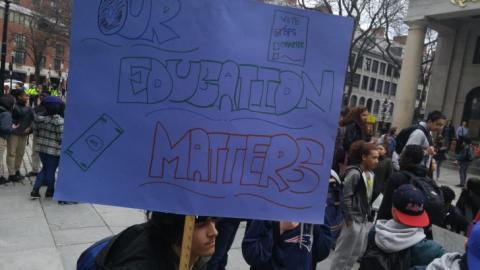
What’s unspoken is that the best proof that the unions didn’t have much of a role in the protest is that historically they’ve shown little ability to mobilize significant numbers of students in the Bay State. Typically, union-backed coalitions like BEJA will pull a few dozen to a few hundred people to such protests. Students or non-students, the story is always the same. The people who turn out will be a mix of union and nonprofit staffers.

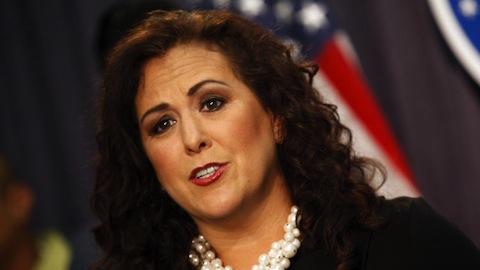

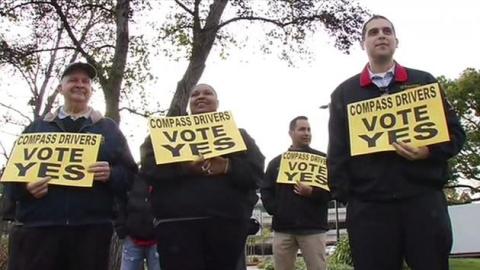
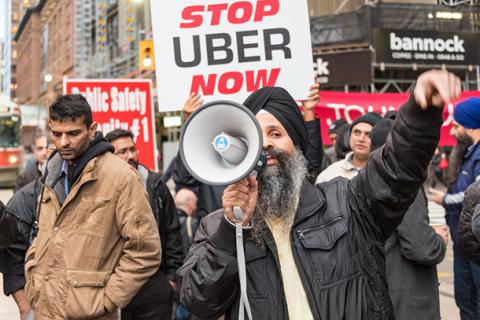

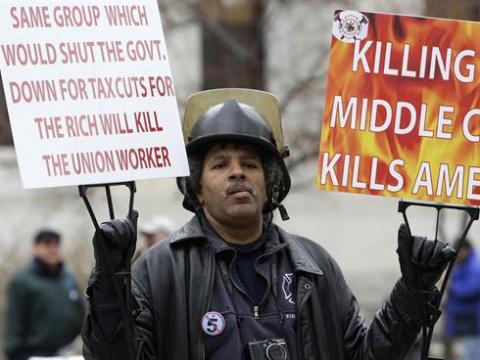

Spread the word